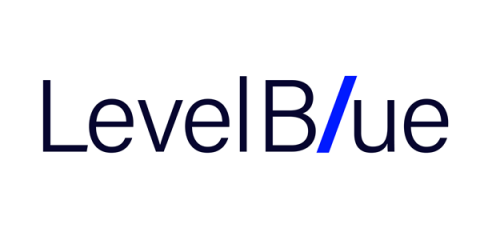Windows Downdate Attacks, Quick Share Vulnerability Exploit, and More: Hacker's Playbook Threat Coverage Round-up: August 2024
In this version of the Hacker’s Playbook Threat Coverage round-up, we are highlighting attack coverage for several new threats, including those discovered via original research by the SafeBreach Labs team. SafeBreach customers can select and run these attacks and more from the SafeBreach Hacker’s Playbook to ensure coverage against these advanced threats. Additional details about the threats and our coverage can be seen below.











